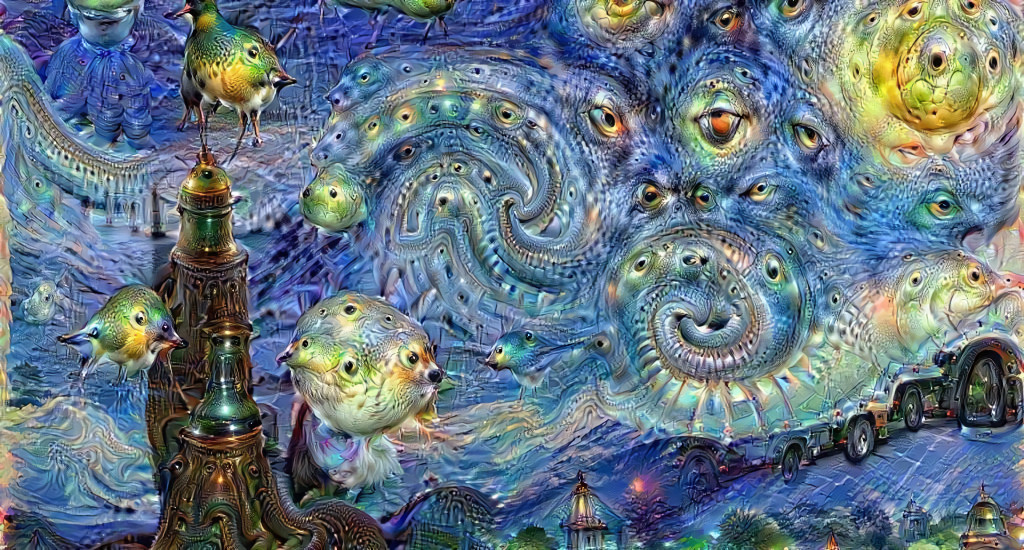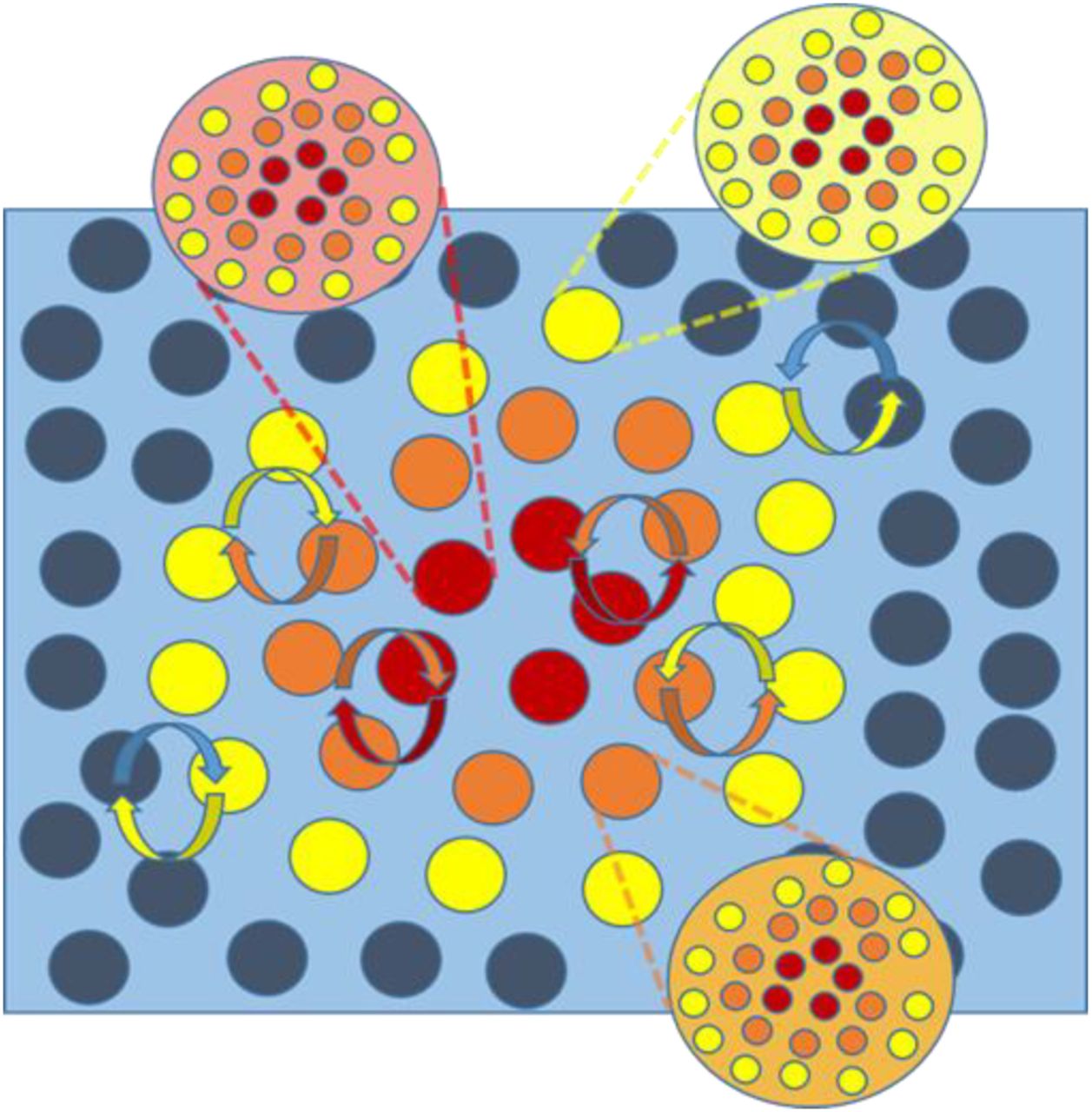We are pleased to have Christian List blogging this week on Why Free Will Is Real (Harvard University Press, 2019). To see all of Christian’s posts on a single page, please click here.
1. The Naturalistic Case for Free Will: The Challenge
This series of posts discusses some key ideas from Why Free Will is Real (Harvard University Press, 2019) by Christian List.







